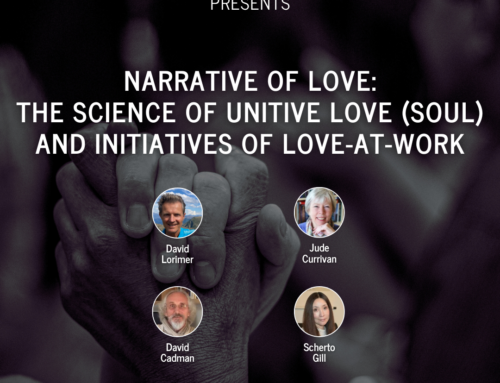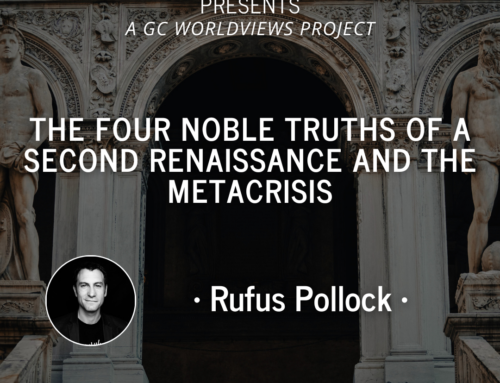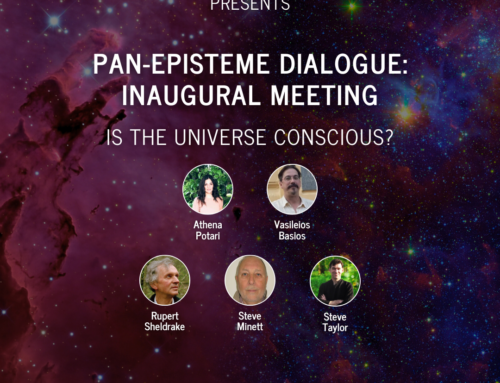Event recording
Event description
The Galileo Commission and the Academy for the Advancement of Postmaterialist Sciences proudly present this ground-breaking event!
In his 2006 book Cosmos and Psyche, the cultural historian Richard Tarnas writes about synchronicities and introduces them as observed coincidences in which two or more independent events, having no apparent causal connection, nevertheless seem to form a meaningful pattern. He notes that, on occasion, the patterns may strike an individual as being so unusual that it is challenging to believe the coincidence was a result of chance alone. This is because the events give the clear impression of being carefully and invisibly orchestrated. Carl Jung invented the word synchronicity, a term derived from the Greek syn (with or together) and chronos (time). Thus, synchronicity means together-in-time.
Since Jung coined the word synchronicity, he and others have adopted a multidisciplinary approach to its study. These areas of research have included physics, biology, psychology, philosophy and spirituality and research on anomalous phenomena. One of the fascinating areas of research has included the way in which Jung’s work, including his exploration of synchronicity, responds to a pervasive dis-ease in modern culture, the feeling of disenchantment and malaise brought about by our current societal and scientific embrace of materialism as a worldview. We propose that there is a lag in this developmental trajectory in both the scientific and general academic community, due to the grip of the materialistic worldview in these areas, and how its mechanistic and reductionistic perspective affects the willingness of this community to even entertain the idea of meaningful synchronicity.
In this groundbreaking summit, our speakers will relate some personal experiences and respond to the question: What kind of universe makes synchronicity possible? They will consider possible interpretations/explanations and implications of these synchronistic events for a deeper understanding of consciousness and the interconnected nature of reality in terms of epistemology and ontology. The Synchronicity Working Group will be producing a multi-author volume next year and you are welcome to send in some personal accounts to add to our database to [email protected]
Programme
Friday 27th – Saturday 28th October
Timezones: • UK, BST: 4:00-8:30 PM • Pacific Time: 8:00 AM-12:30 PM
Day 1 – FRIDAY (all times UK, BST)
4:00 pm: Chair, Marjorie Woollacott
4:05 pm: Prof Bernard Beitman – The Practical Uses of Synchronicity
4:45 pm: Dr Joan Walton – Synchronicity as a Merging of Matter and Mind
5:25 pm: General Discussion/Q&A
6:00 pm: PAUSE
6:30: Chair, David Lorimer
6:35 pm: Prof Richard Tarnas – The Significance of Synchronicity in Our Postmodern Age
7:15 pm: Sophia Demas, Monica Bryant, Prof Marjorie Woollacott – A panel of speakers exploring their own synchronicity experiences and how this transformed their world views: implications
7:45 pm: Discussion/Q&A
8:30 pm: CLOSE
Day 2 – SATURDAY (all times UK, BST)
4:00 pm: Chair, Dr Edi Bilimoria
4:05 pm: Prof Roderick Main – Experiencing, Interpreting, and Explaining synchronicity: some suggestions for future research
4:45 pm: Dr Bethany Butzer – Synchronicity, Psi and Meditation
5:25 pm: Discussion/Q&A
6:00 pm: PAUSE
6:30 pm: Chair, Monica Bryant
6:35 pm: Prof Gary Schwartz – Super Synchronicities
7:15 pm: Dr Edi Bilimoria, Dr Vasilieos Basios, Jessica Corneille – A second panel of speakers exploring their own synchronicity experiences and how this transformed their world views: implications
7:45 pm: General Discussion/Q&A
8:30 pm: CLOSE


